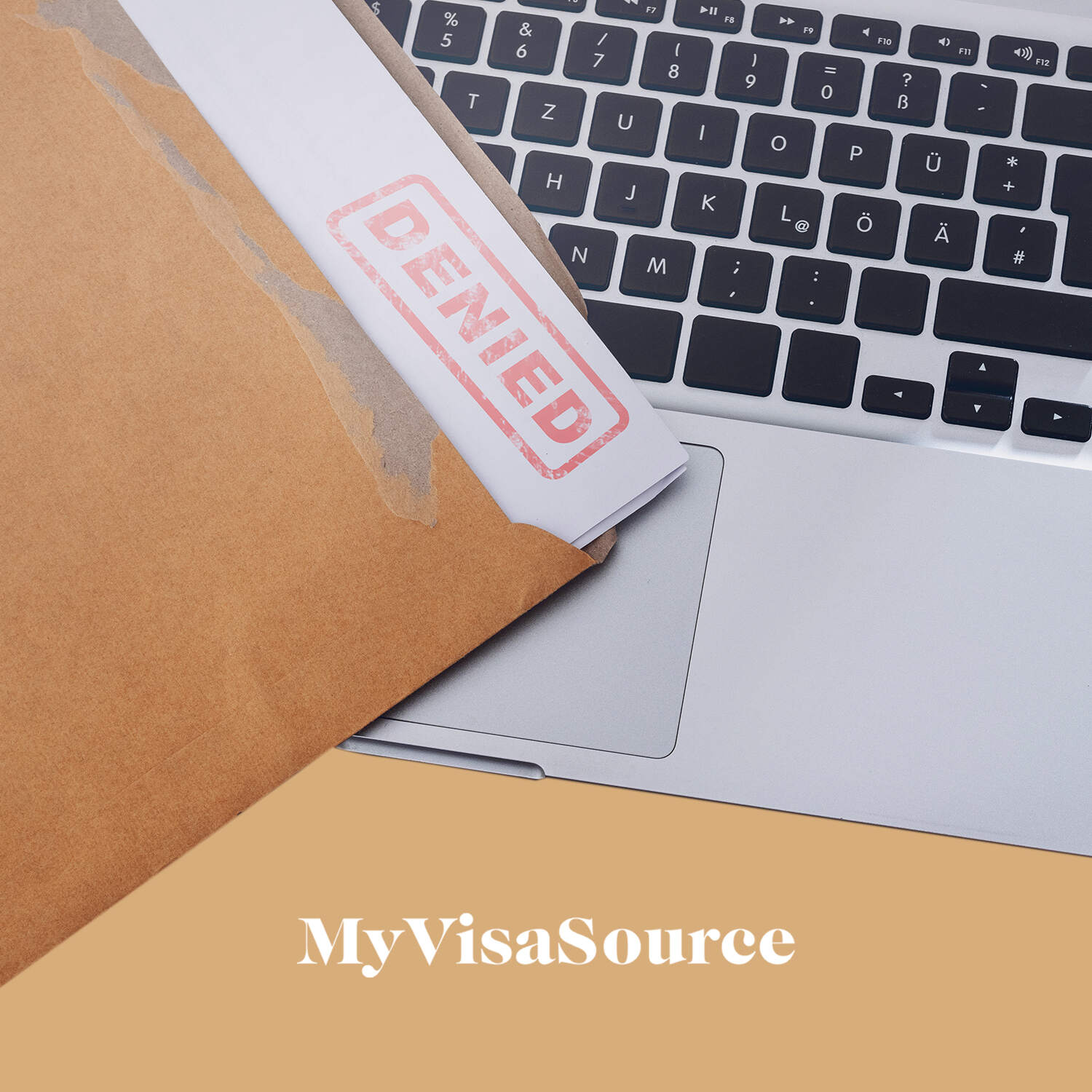Most immigrants, after obtaining permanent residence in Canada, apply to sponsor their immediate family members.
Permanent residents and Canadian citizens are authorized to sponsor their spouses, common-law partners, dependent children, parents and grandparents for permanent residence in Canada.
Canada provides the Family Class Sponsorship program with guidelines on how to sponsor your family members.
Family Class Sponsorship has 3 categories:
- Spousal Sponsorship
- Dependent Child and Other Family Sponsorship
- Parent and Grandparents Sponsorship
However, having an immediate family member sponsor your application does not make the process any easier or simple. Not following the rules and guidelines can lead to the rejection of your application. Therefore, it is important to assess your eligibility and avoid some common mistakes while applying for sponsorship.
What Are the Common Reasons for Denial of Your Sponsorship Application?
Ineligible Sponsor:
Simply gaining permanent residency or citizenship does not make you an eligible sponsor. It only authorizes you to apply for sponsorship.
You will be required to meet certain additional requirements based on who you are sponsoring.
For example, if you are sponsoring your parents or grandparent, then you will be required to meet the Minimum Necessary Income requirement. However, there is no such requirement for sponsoring a spouse or dependent children.
You must also not default on the repayment of loans, bonds or family support payments decided by the court. Additionally, you must have a clean criminal record. There must not be any record of failing to provide for the basic needs of a past sponsor. You should not be receiving any social assistance from the government.
Ineligible to be Sponsored:
As a family member being sponsored, you must meet the eligibility requirements for permanent residence in Canada.
For example, you can not be sponsored if you are only engaged to the permanent resident. Only spouses can be sponsored through spousal sponsorships.
You must also clear all the admissibility requirements to enter Canada. That means that you must not pose a security risk, be guilty of human or international rights violations, have a clean criminal record and no significant health issues.
You may have to attend an interview with an immigration official if you have a criminal record. The official will assess whether you can be rehabilitated. You could also get a record suspension or apply for a Temporary Resident Permit (TRP) to temporarily enter Canada to apply for rehabilitation.



















